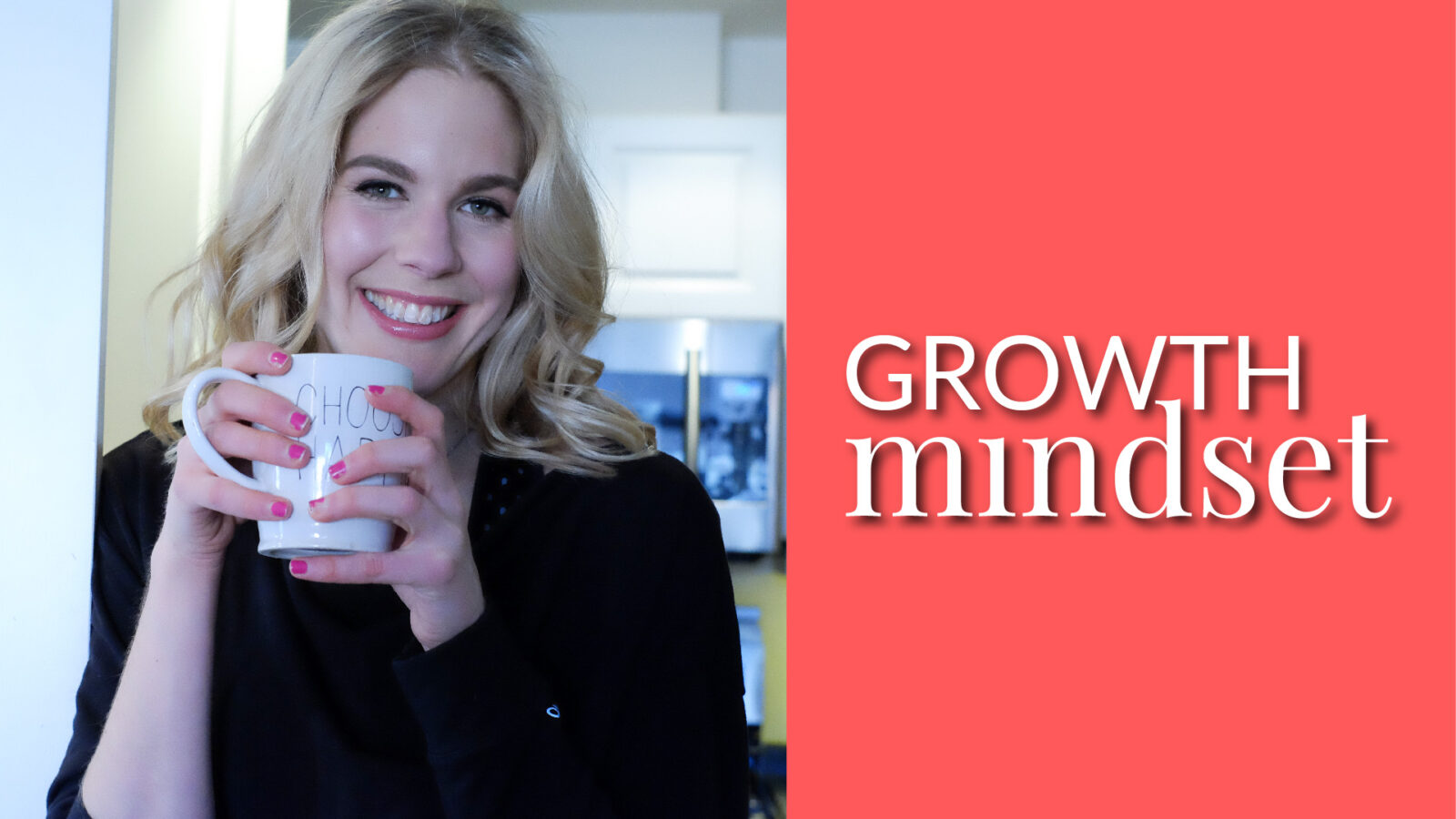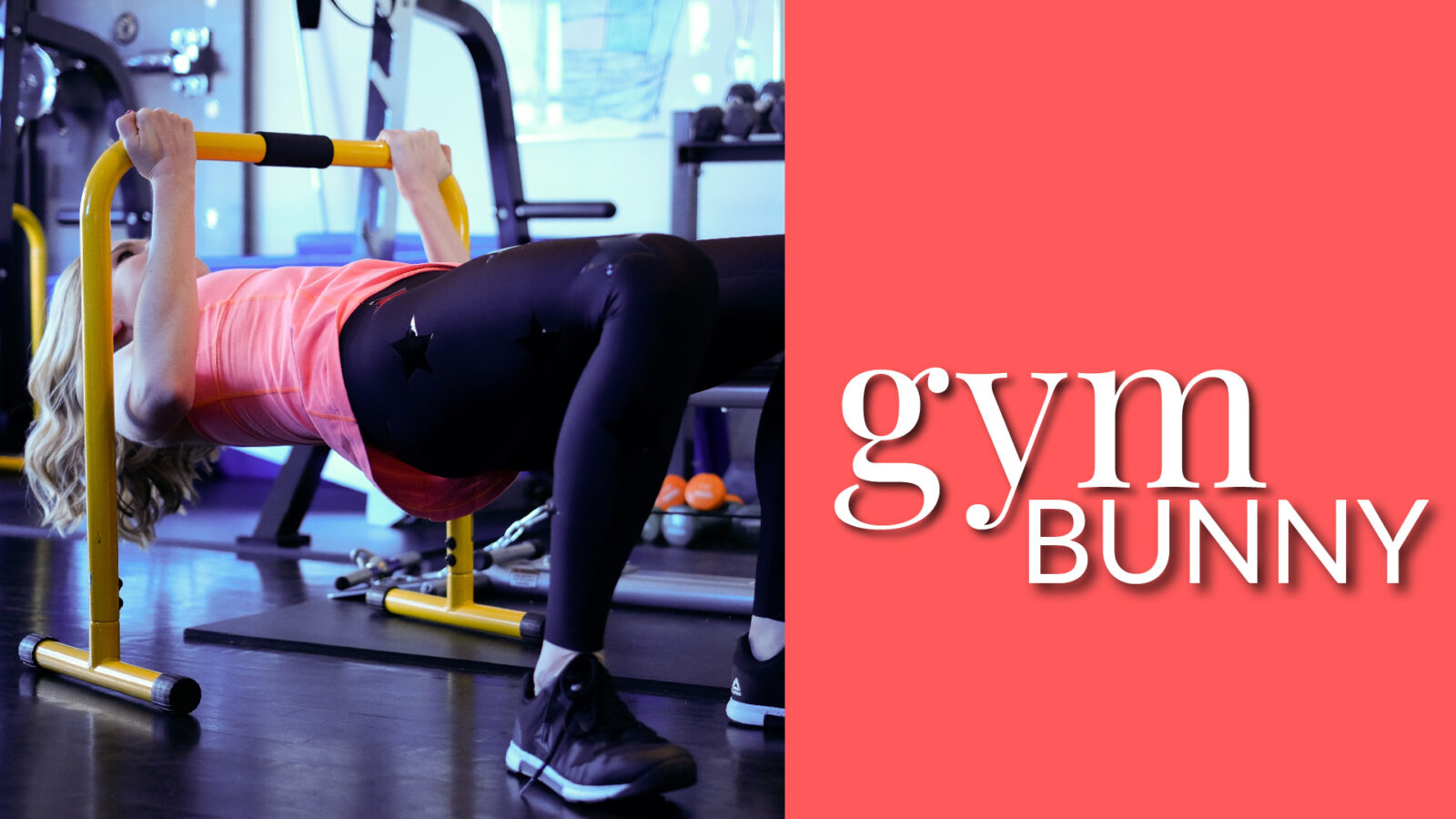Building a Positive Relationship with YOU

The act of building productive, growth-oriented self-talk is not a “when I have time” health goal. It is not something we think about after reaching our weight, nutrition, or fitness goals. Your self-talk informs your mindset and your perspective, and ultimately it is what allows you to talk yourself into — or out of — your goals. Productive self-talk is the linchpin between wanting to make a healthy change and actually making the change. It is what allows you to stop self-sabotaging and instead follow through on your health goals.
This is why, today we are going to talk about some steps you can take to build a positive relationship, with YOURSELF.
How to Build a Positive Relationship with Yourself:
Ditch the shame spirals and embrace “growth-oriented” self-talk
Learn to differentiate “shaming” self-talk from “guilt” growth-oriented-behavior–based self-talk. “Shame” is self-worth–based. Shame-based self-talk — “You missed a workout; you must be a lazy person” — simply leads to negative health spirals. Guilt is behavior-based. Noting a behavior or an act that you are not proud of can be productive — if you use the experience as “data.” For example, if you miss a workout, note that and work to understand why you made the less-than-ideal choice. Then create systems to keep that situation from happening again. Were you too tired? Maybe you need to prioritize sleep. Were you not prepared? Maybe you need to leave a workout bag in your car.
Always rigorously analyze any ACT (missed workout, negative self-talk, food binge, etc.), but do not connect the ACT to your worth as a human being. If you fall off your health-horse (you’re mean to yourself, you shame yourself, you over-indulge), walk yourself firmly — yet kindly and with compassion — through the experience. Note your emotions and figure out why the situation triggered you.
Instead of focusing on the things you do wrong, pinpoint your “power hero moments”
Identify moments from the past and present where you’ve been successful. Work to reproduce them. Instead of focusing on your negatives, find your positives. Let’s say you are finding it hard to follow through on your goal of “eating fewer treats.” Find your power moments — the moments where you don’t indulge. Even if you eat multiple treats a day, you still have moments where you don’t. Pinpoint these. Write it down. Do you forget about food when you are busy? Involved in something you care about? When food is not easily accessible? Next find ways to replicate the bright spots.
Stop waiting until you are motivated to act
Stop waiting until you are “fit” to wear X clothing or go to X gym class. Act like a fit person to increase your fitness. Go to the gym so you can become a gym rat. Work on being happy in order to create opportunities to feel the way you want. “Acting” and “doing” create motivation, self-trust, and self-esteem.
Play a little game. Fill in the following statements:
- When I reach my goal, I will feel …
- When I reach my goal, I will do …
- When I reach my goal, I will go …
Now … take out the “when I reach my goal.” Let’s start working on the feelings, actions, and places you want to feel, do, and go! LIVE NOW. Life is short. Plus, the happier you are — and the more daily joy you experience — the more motivated you will be to move and be active.
Pinpoint your unique flavor of self-sabotage
Do you “lean in” to the “I deserve X” mentality? Do you set unrealistic perfectionist goals so that you can’t possibly succeed and thus quitting is justified? Do you live with the “I am too busy”mentality? We all have our unique flavor of self-sabotage — what I call our “negative brain propaganda.” Work to understand yours. Then find solutions and more productive ways to view the situation. Flip “I deserve that dessert” to “I deserve to be healthy and have energy — better eat my vegetables.” Flip “I am too busy” to “I might be too busy to get to the gym but I can work out at home.” Flip “I tried running and sucked so I stopped” to “I have never given running a decent chance. I can’t be good at things overnight — I need to progress appropriately.”
Lean in to “struggling well”
Health perfection is not possible. You will fall off of your health horse; you will wobble — you are human. The question is not “Will I fall”? The question is, “How will you talk to yourself when you fall, will you learn from the experience, and how quickly will you course correct?” The trick to health success is learning to fail and struggle well. Momentary bad outcomes are part of life. Perfection is not possible. Judge yourself on “effort” and your ability to persevere, not your ability to be perfect. Fall. Analyze. Learn. Course correct as quickly as possible.
Main take-away…….
Embrace that health — like life — is a process. Become aware of your choices — and the tone of your self-talk is a choice — and learn and grow through your experiences.
Originally published at Sifa’s CORNER












